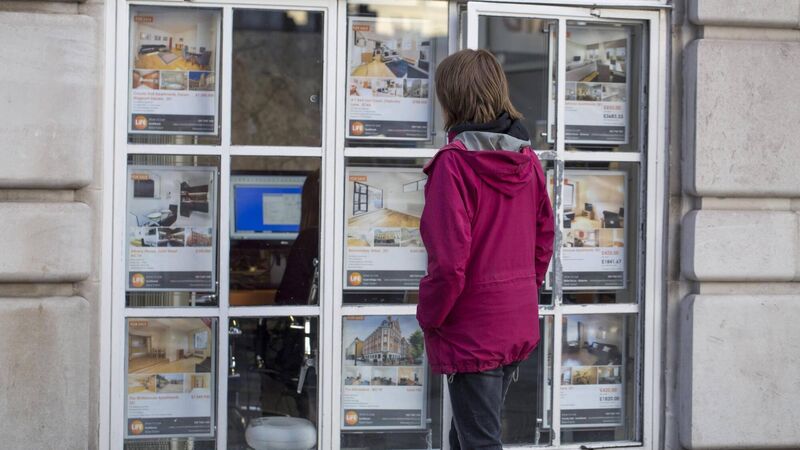Michael Clifford: Alienated youth may look to Sinn Féin

Young people have been the biggest losers in the housing crisis of the last five years..
Alienation has exercised a huge pull on politics in recent years. Look at the UK. Brexit was born out of alienation. Donald Trump’s victory likewise. In both these cases, constituencies alienated by economic and social policies reached for a brand of right-wing populism which promised to restore the days of yore when things were so much better.
A different dynamic is at work in this country. We also have an alienated constituency, but it is not looking longingly to the past, but to a future that is growing dark.












